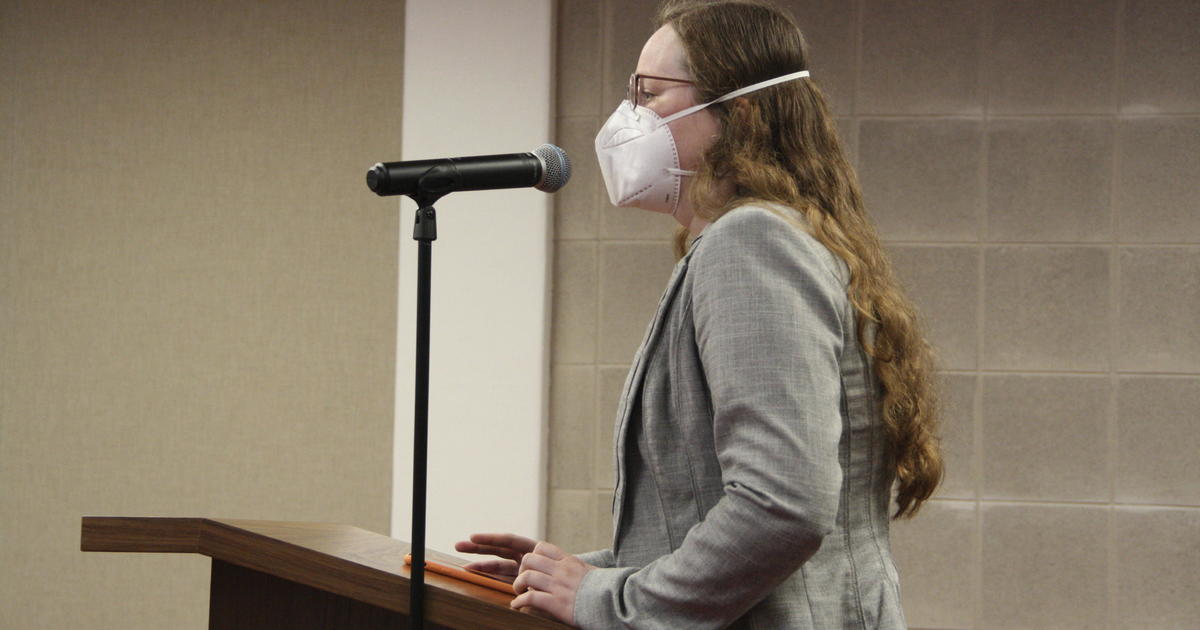Republican lawmakers in North Carolina are moving forward with a plan to repeal a pandemic-era law that allowed the wearing of masks in public for health reasons. This decision comes after demonstrations against the war in Gaza that included masked protesters, leading to clashes with police and arrests. The bill, which cleared the Senate in a party-line vote, seeks to raise penalties for wearing a mask while committing a crime, including arrested protesters. Opponents of the bill argue that it risks the health of those masking for safety reasons, while supporters believe it is necessary to address the escalating demonstrations.
The bill also criminalizes the blockage of roads or emergency vehicles for protests, which has occurred during pro-Palestinian demonstrations in Raleigh and Durham. Republican Senator Buck Newton, who presented the bill, expressed the need to slow down the “craziness” surrounding the protests. The removal of health and safety exemptions for wearing a mask in public has been a major point of contention, as the bill would return masking rules to their pre-pandemic form. Debate over the legislation has centered on whether it would make it illegal to mask for health purposes, with concerns raised about the impact on immunocompromised individuals.
Democratic lawmakers have expressed unease about removing protections for people who mask for health reasons, warning that it could criminalize individuals trying to protect themselves. Despite assurances from Republican legislators that law enforcement and prosecutors would use discretion in charging individuals, concerns remain about the potential consequences of the bill. Amendments proposed by Senate Democrats to keep the health exemption and exclude hate groups from masking were blocked using procedural mechanisms, raising questions about the bill’s future changes.
House Rules Committee Chairman Destin Hall indicated that the House plans to review the bill before it reaches the floor for a vote. While some Republican senators have mentioned the possibility of tweaking the bill, it remains to be seen how it will evolve as it moves through the legislative process. The bill’s focus on criminalizing masks for the purpose of concealing one’s identity has drawn criticism and support from different sides of the aisle, reflecting the partisan nature of the debate surrounding masking laws in North Carolina. The bill could undergo further revisions before being enacted into law, with the ultimate decision resting with the House.









